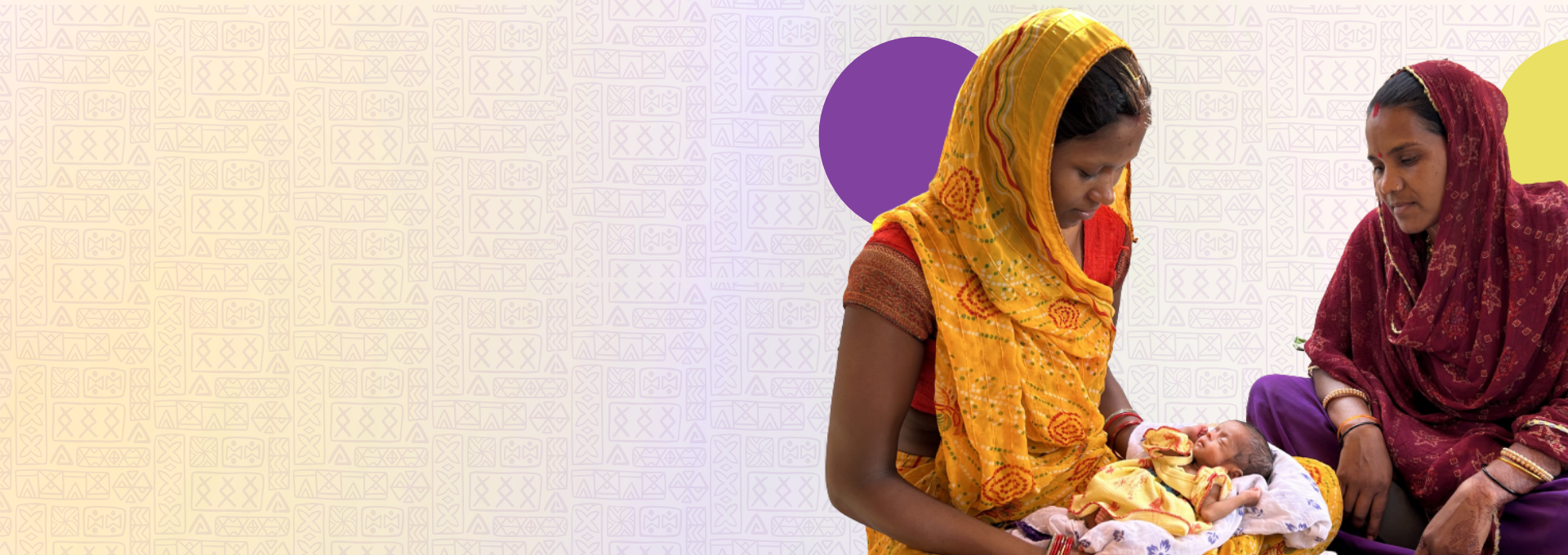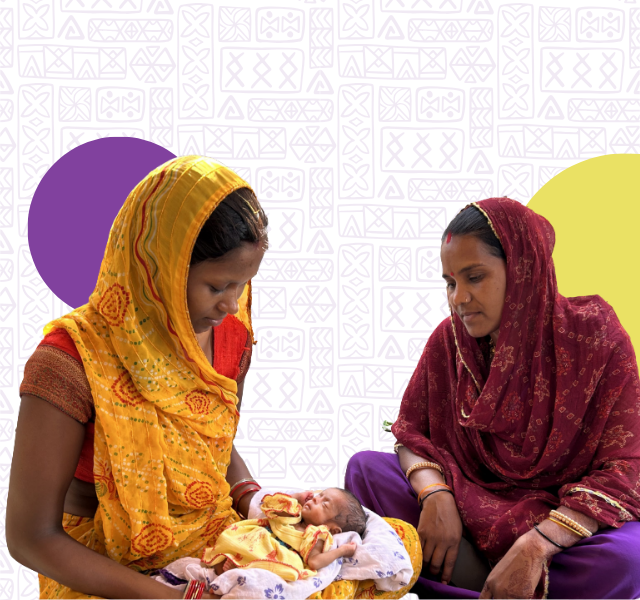

Nestled in the northeastern part of Madhya Pradesh, Shahdol is a district known for its natural beauty, cultural diversity, and economic significance. Spanning in an area of 6,205 sq. km, it is home to several tribal groups such as Baiga, Kol, Gond, and other subtribes. These indigenous communities face severe socio-economic marginalisation, often living in remote and inaccessible areas. Their deep-rooted cultural heritage is centred around traditional livelihood practices and health traditions.
The MANCH project, launched in 2021 in Shahdol district through a collaboration between the National Health Mission – Madhya Pradesh (NHM-MP), HCLFoundation and IHAT, is a pivotal initiative to improve health outcomes among tribal populations. The project focuses on enhancing antenatal and postnatal care coverage, identifying and tracking high-risk pregnancies and newborns, addressing home delivery challenges, and building the capacity of frontline health workers, including Accredited Social Health Activist (ASHAs), Anganwadi Workers, Auxiliary Nurse Midwife (ANMs), and Nursing Officers.
After four years of intervention, the project has significantly improved maternal, neonatal, and child health (MNCH) outcomes. However, several challenges persist, particularly in remote tribal areas, affecting the accessibility and quality of healthcare services. These ongoing challenges highlight the need for continued efforts to address social, economic, and healthcare system barriers.
Way Forward
Based on the current challenges in MNCH, we will focus on strengthening community engagement and addressing barriers such as lack of awareness, cultural myths, and gender inequality. Efforts will be directed toward improving access to healthcare in remote tribal areas, including enhancing emergency medical transport systems and ensuring timely follow-up for neonates discharged from specialized care units. By mobilising communities and healthcare workers, we will work to bridge gaps in ANC and home-based newborn care (HBNC) visits. Additionally, filling vacant frontline worker positions and addressing nutrition deficiencies will be prioritised. To support these efforts, we will develop targeted Social and Behavior Change Communication (SBCC) strategies and Information, Education and Communication (IEC) materials to raise awareness and promote healthier behaviours, ultimately working towards more sustainable improvements in MNCH outcomes.
This brief documents the journey of Project MANCH, detailing its focus areas, baseline findings, and key interventions. It also outlines the ongoing strategies to address persistent challenges and achieve sustainable improvements in MNCH outcomes among Shahdol’s tribal populations.